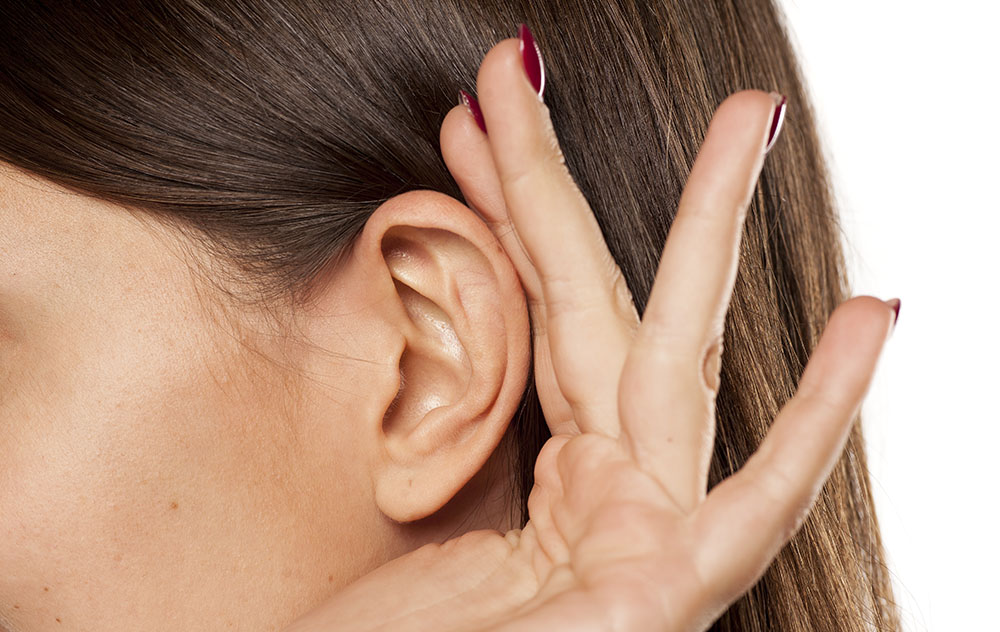The Role of Wearables in Monitoring Hearing Health
Keeping track of your hearing health is becoming easier and more effective
We Moved! Our new address is 12133 W Bell Rd, STE 201.


Keeping track of your hearing health is becoming easier and more effective

Getting a hearing test or being told you need hearing aids can feel

Technology has changed how we work, communicate and access entertainment